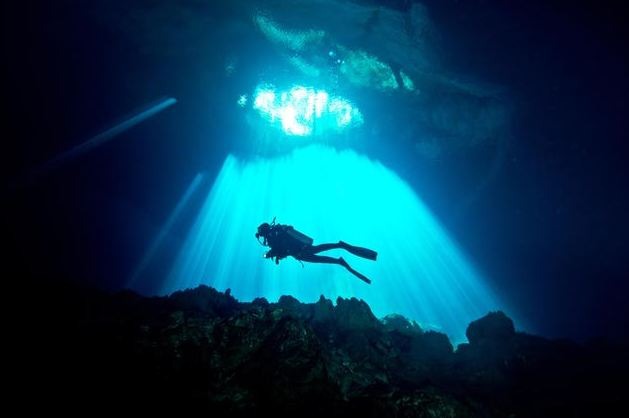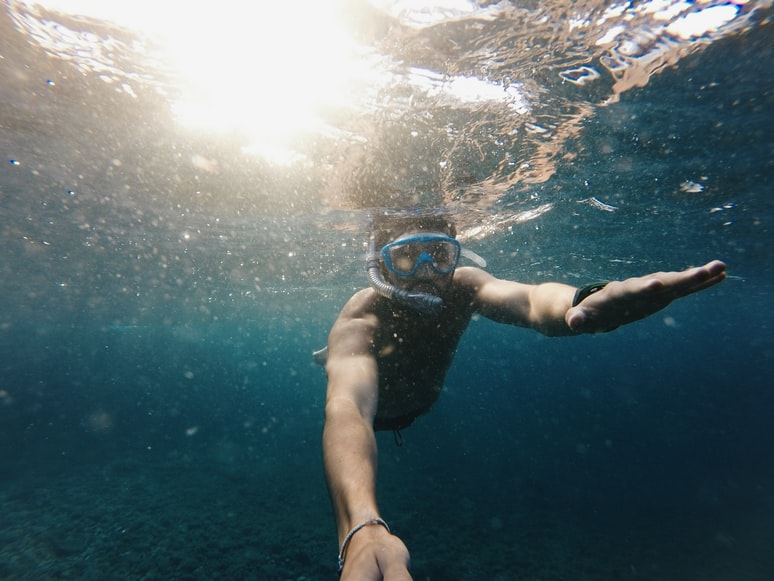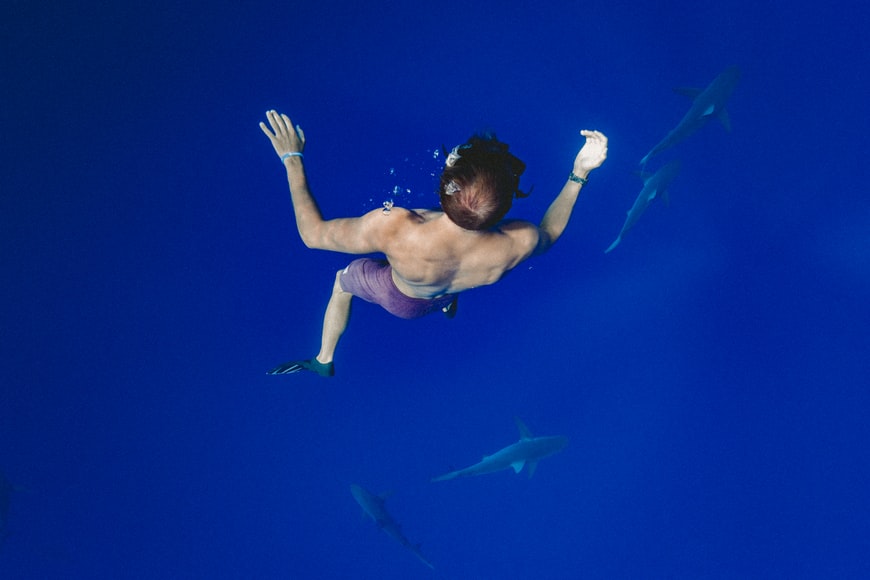One unavoidable truth about life is that you haven’t seen everything. Beyond the dry land, there is a dynamic and active environment where marine life thrives. Dive diving allows us to explore this world. You most likely enjoy scuba diving and are considering taking it up as a hobby.
Underwater life is both unique and exciting. Everything about it will leave you speechless, from the vibrant coral reefs to the marine animals, vivid fish, and dazzling crustaceans.
Not only that, but the sensation of being underwater is unlike any other. It’s almost as though you’re walking through space. You’ll be able to regulate your buoyancy, which adds to the exhilaration of the encounter.
Scuba Diving Details
Read More About This Hobby| Category: Exercise/Fitness, Extreme Sports, Nature, Outdoors, Physical, Traveling | Time: 2+ hrs | Skill: Lots |
| Initial Cost: $$$$ (500+) | Space: some | People: small |
| Long-Term Cost: High | Makes Money: No | Location: outdoor |
What is deep-sea diving?
Deep-sea diving is scuba diving that allows you to go deeper beyond the recreational limit of 40 meters (130 ft). Beyond this depth, more complicated and safer equipment is required. Deep-sea diving is usually done for science or profit due to the logistical assistance and expenditures necessary.
Who pursues this hobby?
If you think you enjoy spending a lot of time in the water when diving, this is the dive for you. It would help if you blended in with the coastal environment, including the sea wind, sand, ocean waves, and scorching temperatures. But, more significantly, you must enjoy being near water.
It’s natural to be scared of the water at first, but you’ll become accustomed to it with practice and good training.
Diving is a pleasurable experience, which is why you should not do it alone. Connecting with other divers who share your passion will make the experience even more fun and memorable. While diving is enjoyable, it is also a dangerous activity.
When you dive with other people, you may rest assured that you will be safe. Having someone by your side will assist you a lot if something awful happens to you in the deep water, even if you’ve taken all the precautions.
Deep-Sea diving startup
Diving is enjoyable, but it is an activity for which you must prepare. Before you can get into active diving as a pastime that you’ll love, you’ll need to acquire and master a skill. You may enroll in diving classes and receive personalized instruction from a certified instructor. Remember that you must be at least 12 years old to join a diving instruction course.
How to breathe and move properly underwater are two of the most crucial concepts taught throughout training. You’ll start with local water dives and work your way up to open water diving. Deep-Sea diving course will take around two months to complete, following which you will be a fully qualified and certified diver.
Equipment
Deep-sea diving necessitates the use of specialized equipment capable of operating at considerable ocean depths. The more you dive, the more you’ll be reliant on your gear. As a result, you must get the right equipment to keep you safe underwater while also allowing you to enjoy your deep dive.
- You’ll need a torch that can resist and work effectively in the darkest parts of the water if you’re diving deep.
- Dive computers are a must-have since they can measure depth and dive time for deep-sea diving.
- When diving to any depth, diving regulators are, of course, required.
Risks in Deep Diving
Deep diving is reasonably safe if all regulations and procedures are followed. However, be aware of the inherent dangers of diving to higher depths.
Decompression Sickness – When diving, you breathe air that contains oxygen, nitrogen, and other gases. Your body requires oxygen, but it is ultimately released over time because our bodies do not require nitrogen.
As a result, when the pressure drops suddenly, such as during a rapid ascent, nitrogen gas inside your body expands and forms bubbles. These bubbles frequently become stuck in the joints, causing a lot of discomforts. In a recompression chamber, the diver suffering from decompression sickness is treated with hyperbaric oxygen therapy.
Nitrogen Narcosis – When you acquire too much nitrogen, you will have a narcotic sensation. Tingling fingertips, dizziness, and disorientation are the initial signs. It also impairs your eyesight by causing tunnel vision, making it challenging to read gauges and instruments. Nitrogen narcosis has a more substantial effect the deeper you go.
Rapid Air Consumption – because of the increased pressure, the air you breathe will get denser as you travel deeper. In other words, deep-diving consumes more air than diving at shorter depths. With that, you must keep an eye on your pressure gauge at all times.
Deep-Sea Diving Tips
Do’s
- Make a diving plan. Determine your maximum depth and time spent at the bottom.
- Before diving, always conduct the Pre-Dive Safety Check.
- Keep an eye on your depth and pressure gauges regularly. For your climb, make sure you have plenty of air in your tank.
Don’ts
- Do not arrange your dive such that it exceeds the dive table’s No Decompression Limits.
- Always dive with an experienced companion and never dive alone.
- Never dive more profound than you intended or stay in the water longer than you expected.
Conclusion
When it comes to deep-sea diving, you’ll need basic training and equipment at all times. The suit, mask, tank, and dive computer are the essentials. There may be times when you require sophisticated equipment, but a diving instructor will explain everything to you.
Deep-water diving is a hobby you should attempt right away if you’ve never done it before. It’s difficult to resist the urge to picture yourself as Poseidon, a deeper, darker blue participant rather than a spectator.


